From Ivory Towers to Ebony Towers
Editors: Dr Oluwaseun Tella and Prof Shireen Motala
Direct Purchase
Download Summary here
Despite two-and-a-half decades of black majority rule after 1994, much of South African higher education in the area of humanities continues to embrace European models and paradigms. This is despite concepts such as Africanisation, indigenisation and decolonisation of the curriculum having become buzzwords, especially after the #MustFall campaigns, student-led protests from 2015. This book argues that, beyond the use of internally constructed strategies to foster curriculum transformation in South Africa, it is important to draw lessons from the curriculum transformation efforts of other African countries and African-American studies in the United States (US). The end of colonialism in Africa from the 1950s marked the most important era in curriculum transformation efforts in African higher education, evident in the rise of leading decolonial schools: the Ibadan School of History, the Dar es Salaam School of Political Economy and the Dakar School of Culture. These centres used rigorous research methods such as nationalist historiography and oral sources to challenge Eurocentric epistemologies. African-American studies emerged in the US from the 1920s to debunk notions of white superiority and challenge racist ideas and structures in International Relations. The two important schools of this scholarship were the Atlanta School of Sociology and the Howard School of International Affairs.
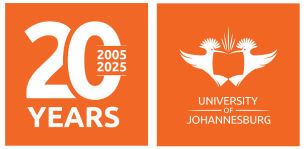


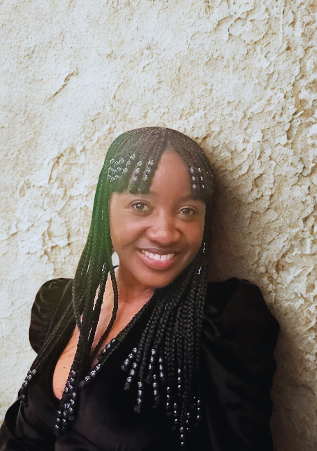
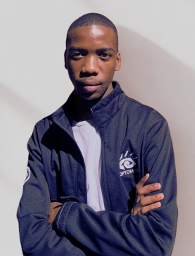



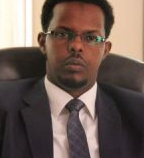
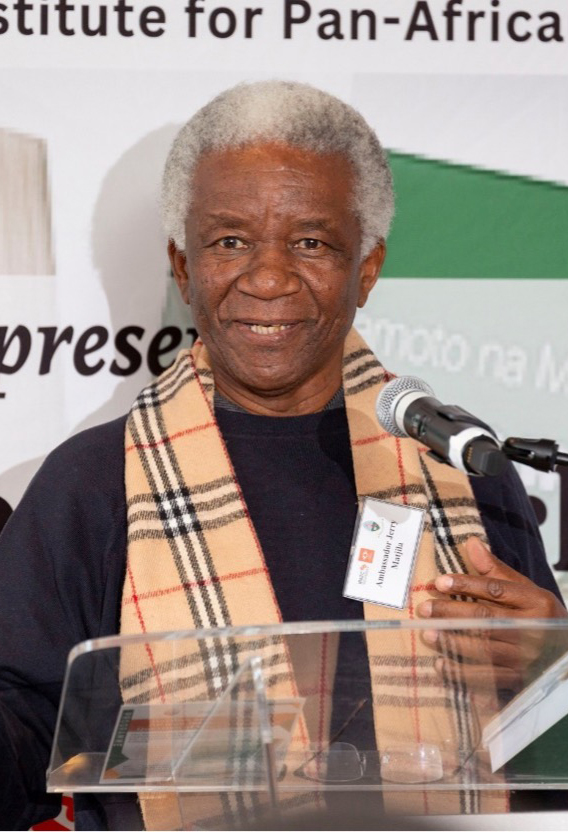
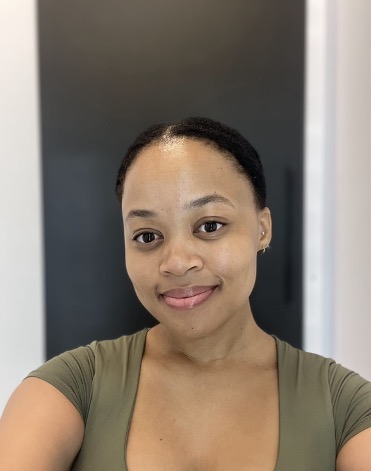
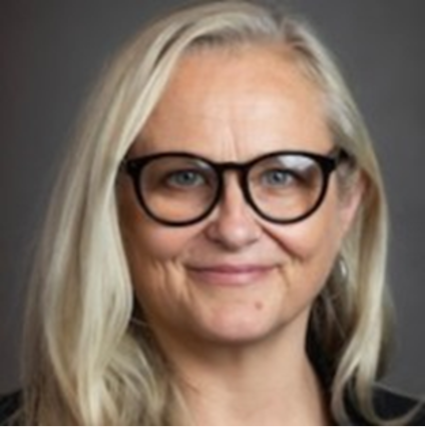
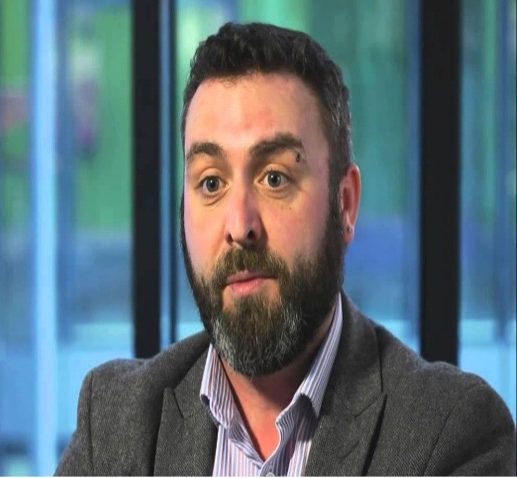
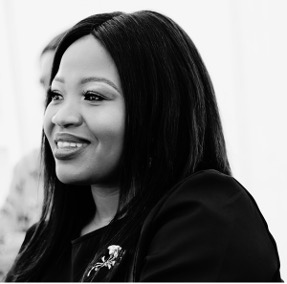
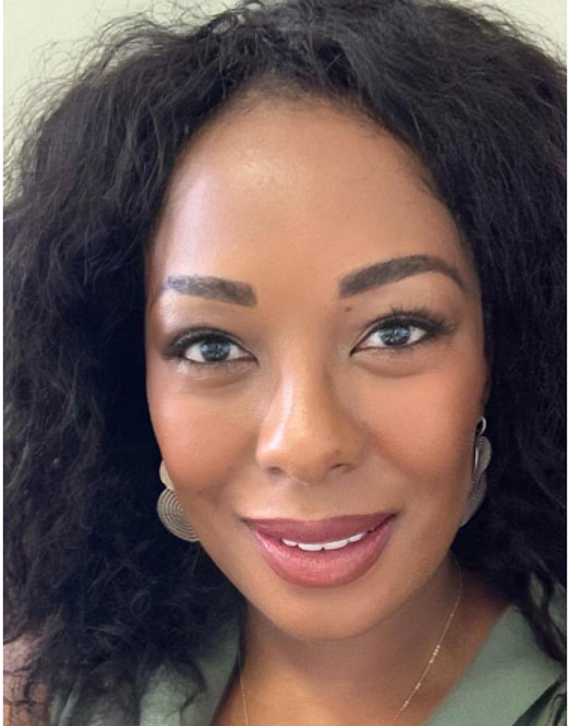

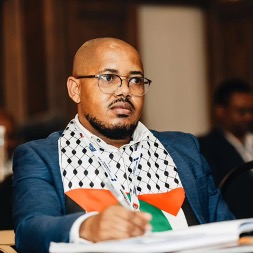
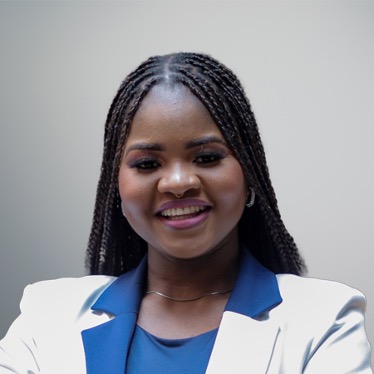

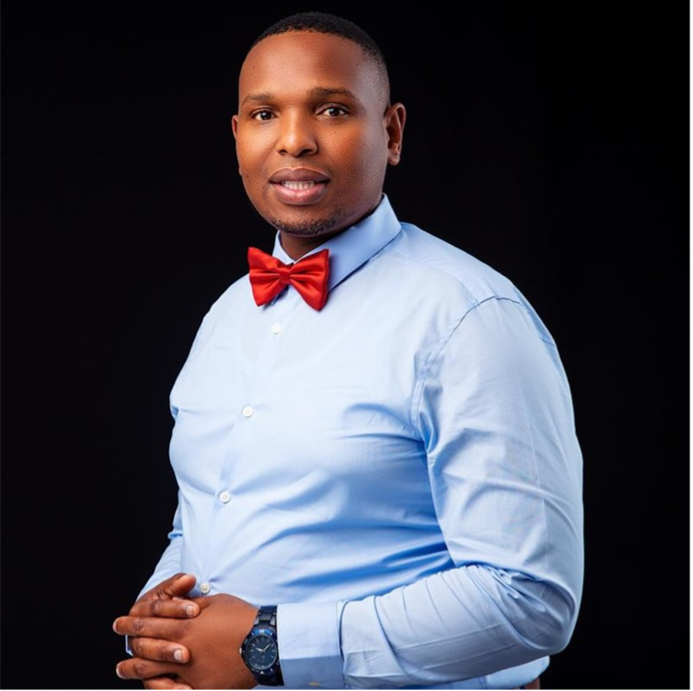
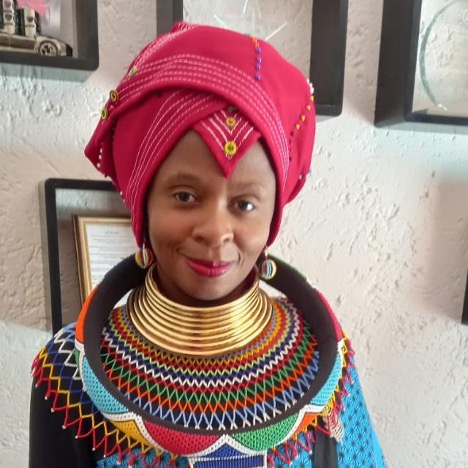


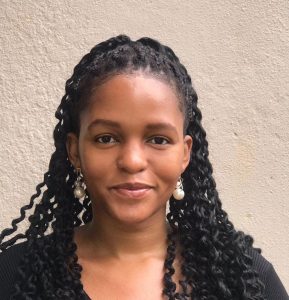
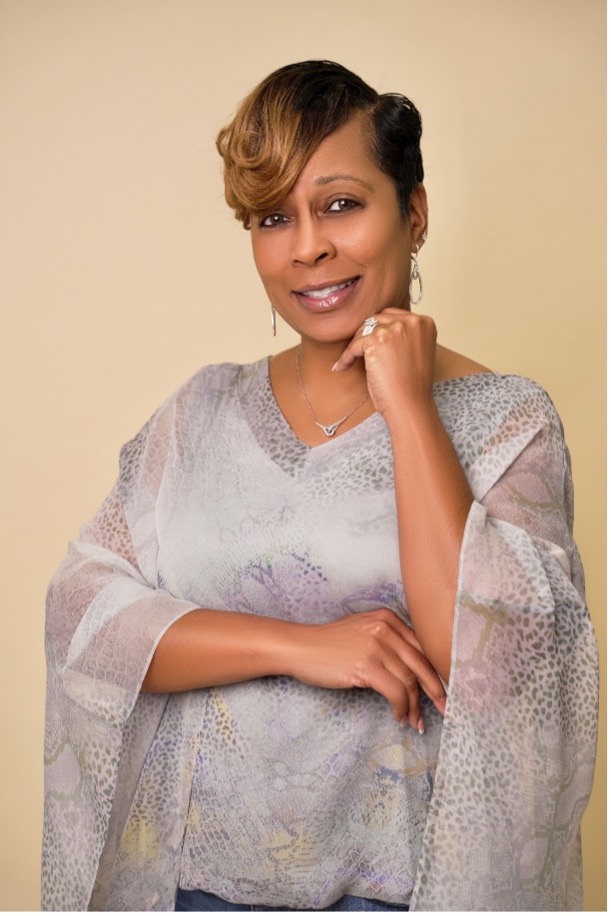
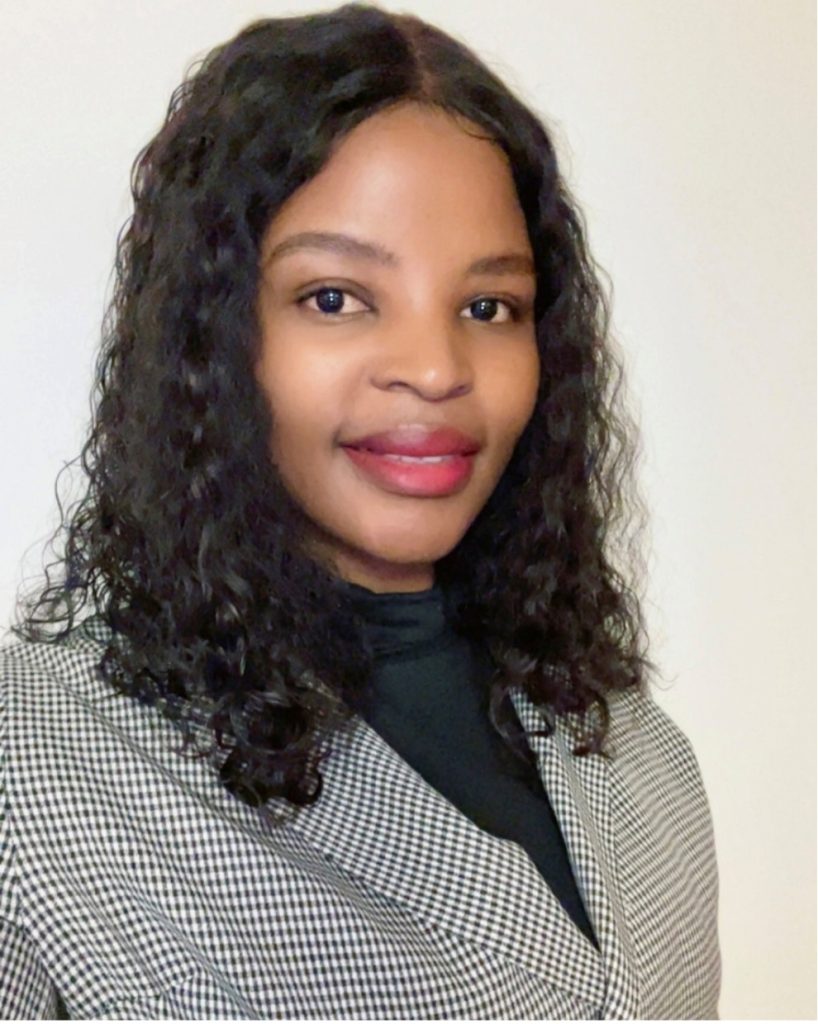
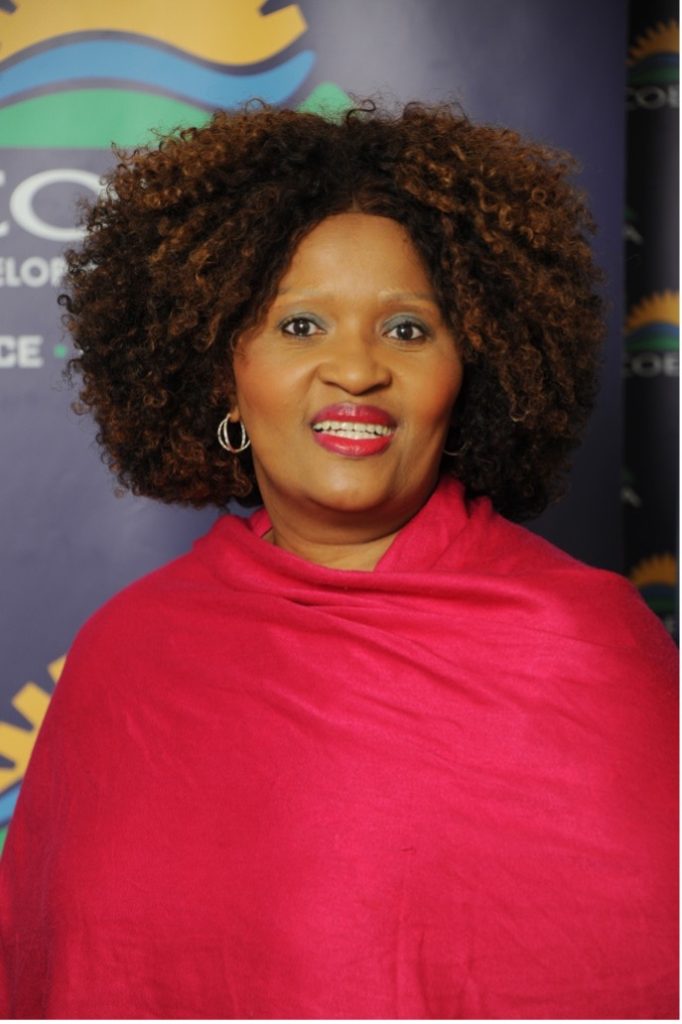





























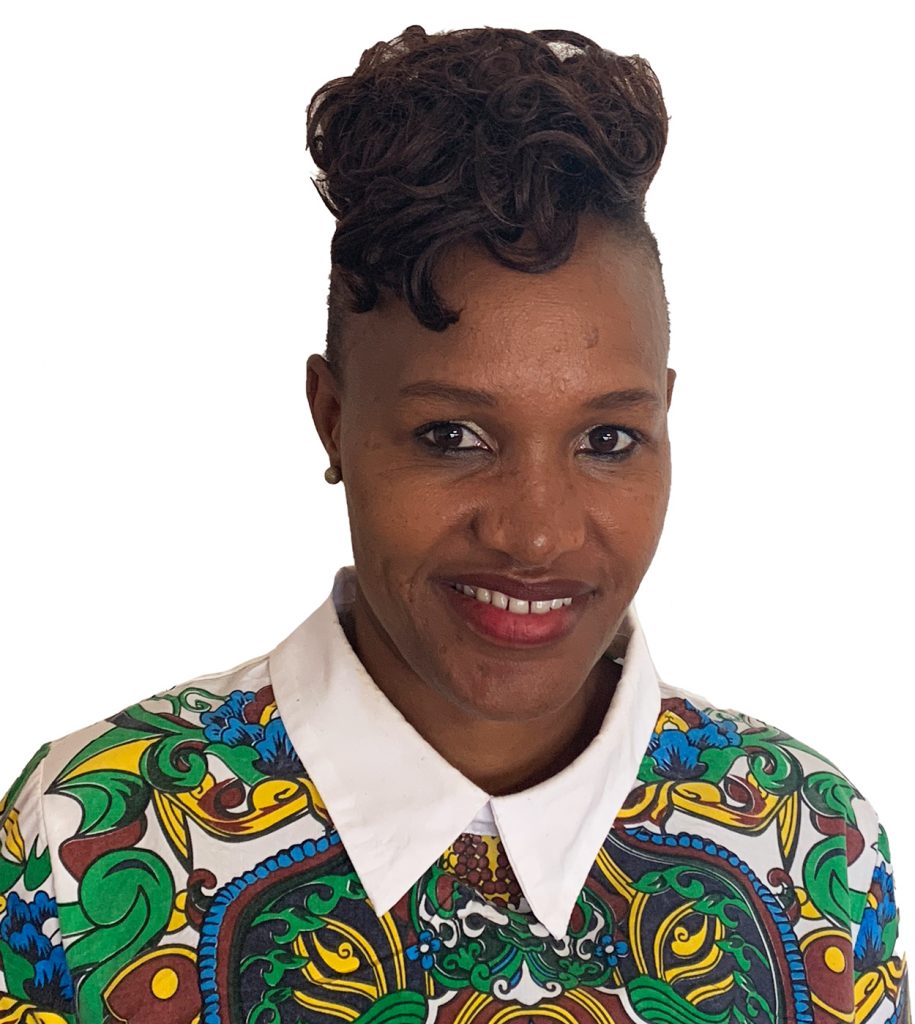

 Ms Zoliswa Ntsoko (South Africa) is the Institute’s Administrative Assistant who assists with general administration and research. She is a seasoned professional with a background in Disaster Management. She holds an Advanced Diploma in Management from Milpark Business School, and a Post Graduate Diploma in Public Management from Regenesys Business School. She also holds certificates in Project Management, and in Disaster Management. Previously, she has worked as a Disaster Management Specialist at the City of Johannesburg – Disaster Management Centre.
Ms Zoliswa Ntsoko (South Africa) is the Institute’s Administrative Assistant who assists with general administration and research. She is a seasoned professional with a background in Disaster Management. She holds an Advanced Diploma in Management from Milpark Business School, and a Post Graduate Diploma in Public Management from Regenesys Business School. She also holds certificates in Project Management, and in Disaster Management. Previously, she has worked as a Disaster Management Specialist at the City of Johannesburg – Disaster Management Centre. Ms Cecilia Lwiindi Nedziwe-Moyo is the Research Coordinator at the Institute for Pan-African Thought and Conversation. She previously served as a Regional Coordinator at the Centre for Peace Initiatives in Africa (CPIA) in Zimbabwe between 2007 and 2013. She completed her master’s degree in International Studies, Peace, and Conflict Resolution at the University of Queensland in Australia as a Rotary Peace Scholar. She has just completed her doctoral studies at Rhodes University. Her areas of interest include: gender, foreign policy, regional organisations and conflict resolution.
Ms Cecilia Lwiindi Nedziwe-Moyo is the Research Coordinator at the Institute for Pan-African Thought and Conversation. She previously served as a Regional Coordinator at the Centre for Peace Initiatives in Africa (CPIA) in Zimbabwe between 2007 and 2013. She completed her master’s degree in International Studies, Peace, and Conflict Resolution at the University of Queensland in Australia as a Rotary Peace Scholar. She has just completed her doctoral studies at Rhodes University. Her areas of interest include: gender, foreign policy, regional organisations and conflict resolution.



 Ms Thembeka Somtseu is a seasoned professional with a background in the textile and construction sectors. She holds a National Diploma in Business Administration from the Durban University of Technology, and studied Development Communication and Media Studies at the University of the Witwatersrand. She worked as a corporate communications specialist for more than ten years, serving in both local and multinational companies.
Ms Thembeka Somtseu is a seasoned professional with a background in the textile and construction sectors. She holds a National Diploma in Business Administration from the Durban University of Technology, and studied Development Communication and Media Studies at the University of the Witwatersrand. She worked as a corporate communications specialist for more than ten years, serving in both local and multinational companies.